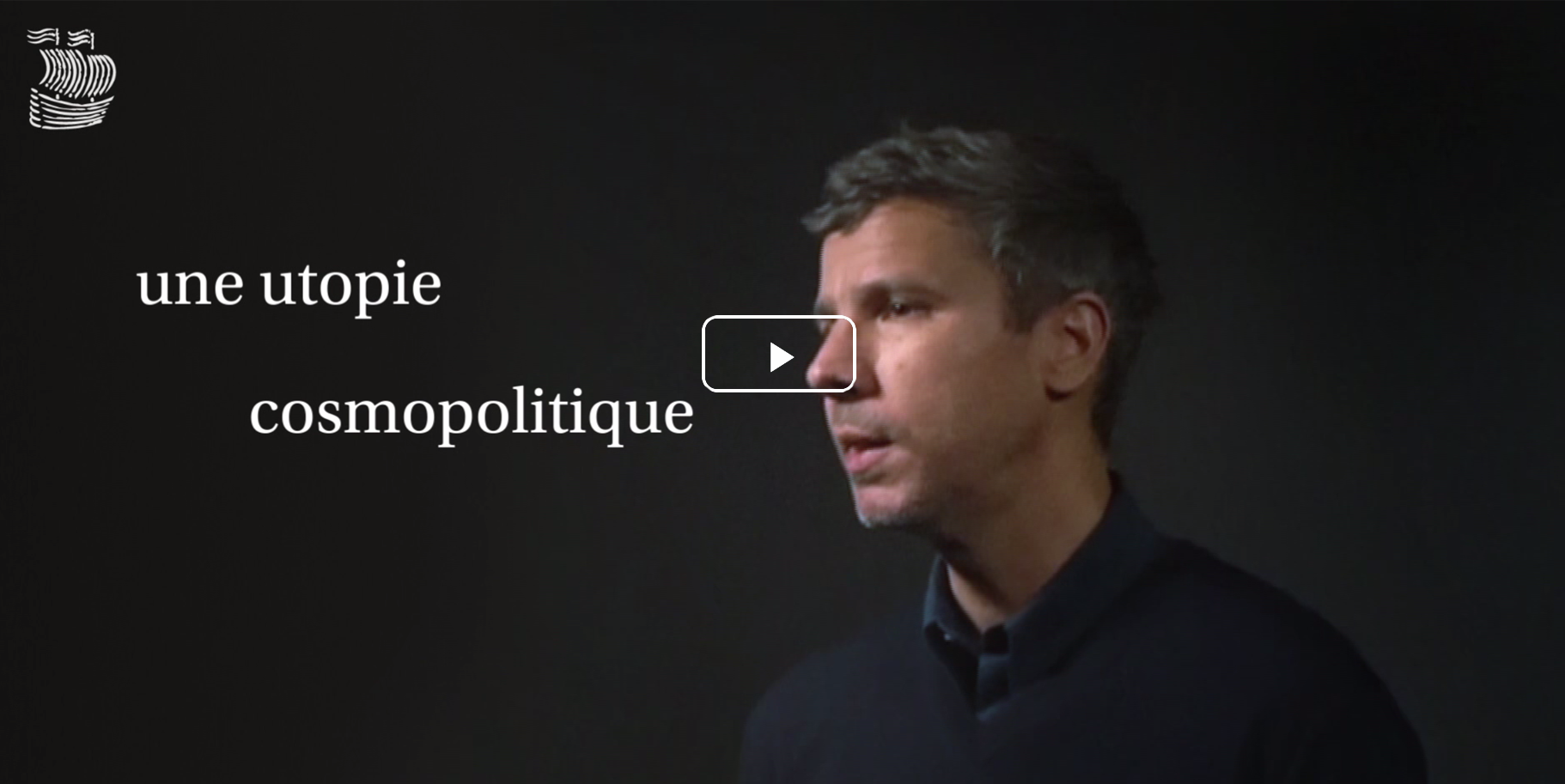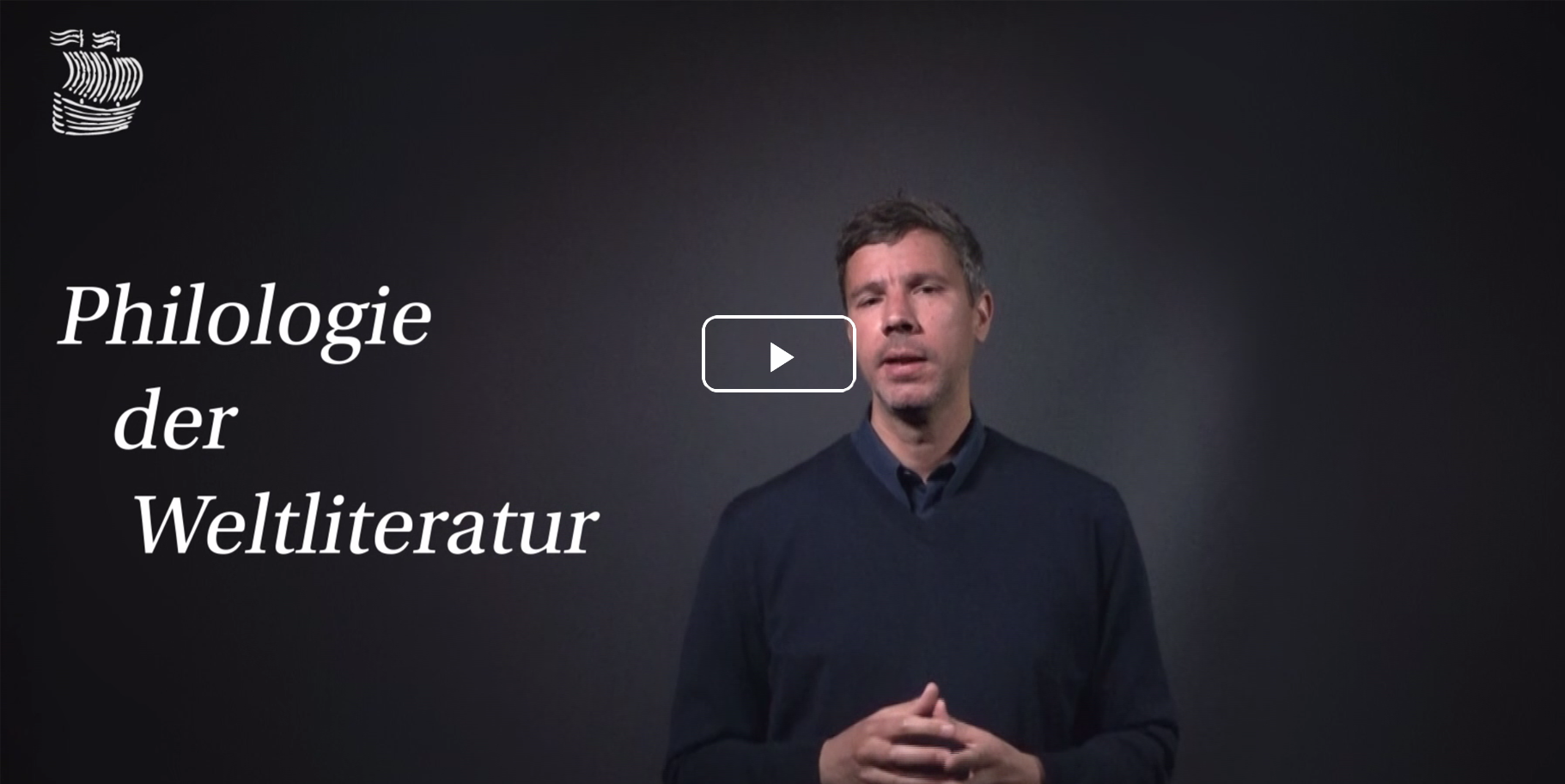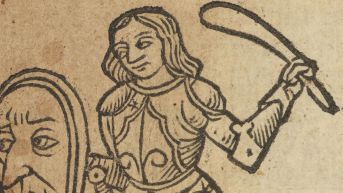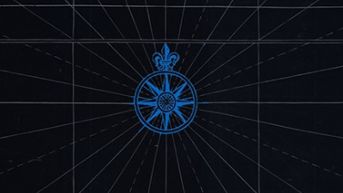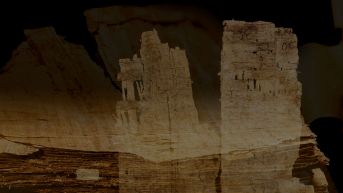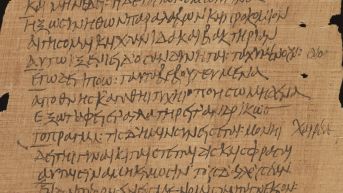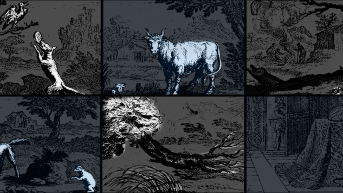World Literature
Martin Bodmer was unique in his concrete realisation
of his personal vision of world literature in the form of a collection.
The expression “world literature” (Weltliteratur) was introduced to the European cultural sphere by Goethe in the 1820s. Ever since, it has occasioned countless reflections across all continents.
A rallying cry for humanists or even revolutionaries (in Marx and Engels’ Communist Manifesto, or in Maxime Gorky’s writings), world literature would quickly become, in the United States, a part of an educational program designed first and foremost to liberate the more modest classes, then to cultivate open minds among college students engaged in the liberal arts. From the mid-19th century on, world literature would serve as a research specialisation, before becoming a field of international research in the 2000s.
The Bibliotheca Bodmeriana is a part of this intellectual and political history. It marks a singular milestone: Martin Bodmer was unique in his concrete realisation of his personal vision of world literature in the form of a collection. The author of multiple books and articles on the subject, his acquisitions as a bibliophile were targeted to materially embody his own philosophy of world literature. The most recent works in the domain of world literature, written by Pascale Casanova, David Damrosch and Franco Moretti, among others, lend renewed pertinence to Martin Bodmer’s project and to the exceptional breadth of his collection.
Jérôme David
University of Geneva
The Promise of World Literature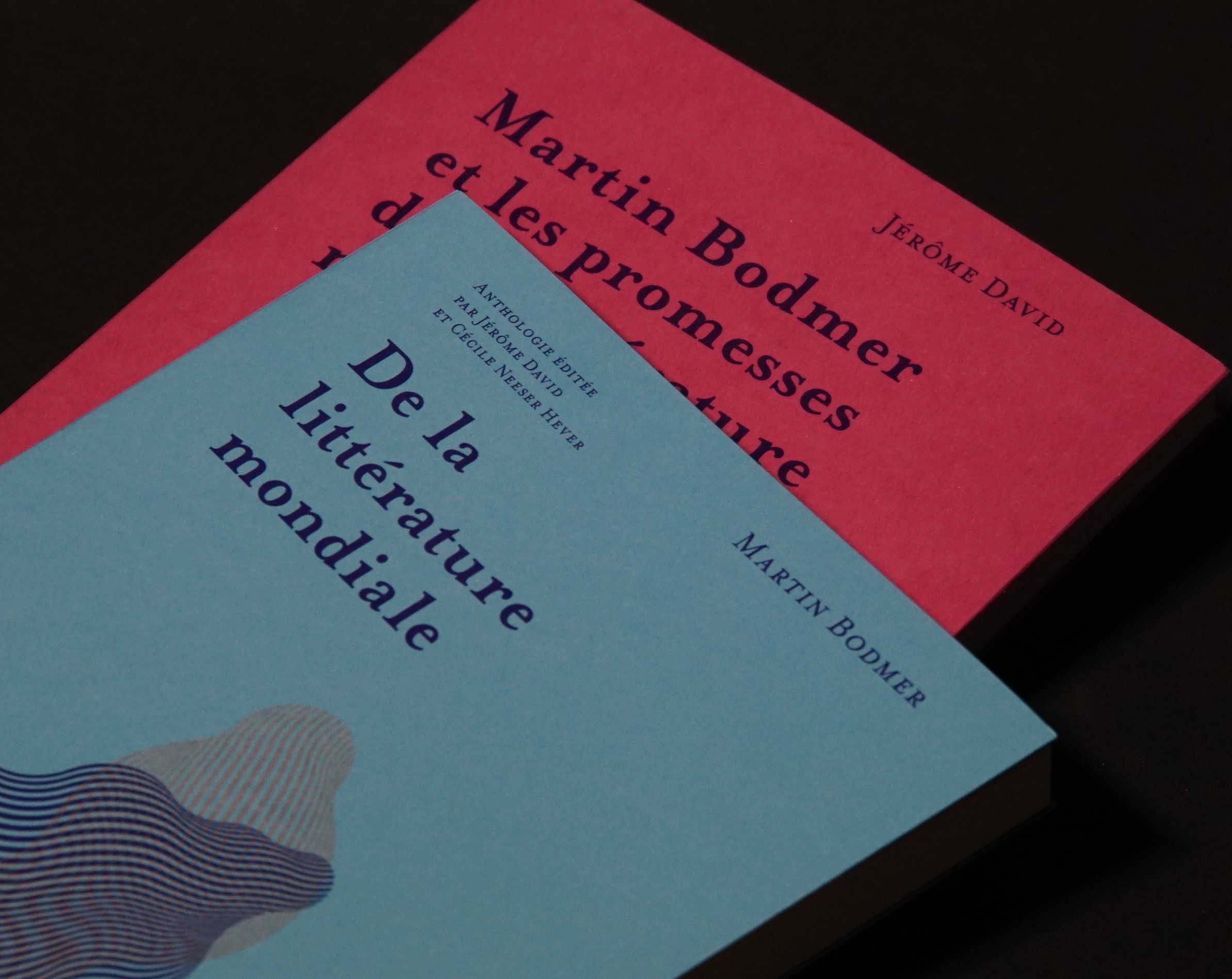

The Constellation devoted to “World Literature” has published two volumes with Éditions Ithaque. On World Literature [De la literature mondiale], the product of a collaboration between Jérôme David and Cécile Neeser Hever, is an anthology of the principal texts by Martin Bodmer on the question of “Weltliteratur,” translated into French for the first time. Martin Bodmer and the Promise of World Literature [Martin Bodmer et les promesses de la littérature mondiale] is an essay by Jérôme David that maps Martin Bodmer’s intellectual trajectory onto the turbulent history of the 20th century. Read


